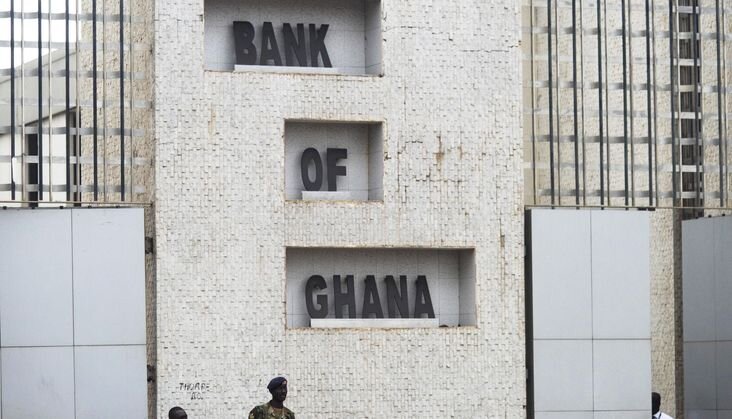Ghana’s central bank is making it official: any company offering crypto services in the country must register with the Bank of Ghana (BoG) by August 15, 2025. That includes exchanges, wallet providers, and anyone handling transfers, settlements, or issuing digital assets like ICOs and stablecoins.
The directive marks a dramatic shift from Ghana’s previous stance. Since 2018, the BoG warned that digital assets weren’t legal tender and could expose the financial system to money laundering, cyber theft, and fraud. Banks were instructed to steer clear of crypto firms entirely, forcing the sector to operate through peer-to-peer networks, cash transactions, and informal USD systems without oversight or consumer protections.
Now Ghana is flipping the script. The new mandate isn’t just about compliance—it’s about access. Only registered firms will be allowed to open accounts and transact with Ghana’s banks, giving them the financial infrastructure needed to handle cedi conversions, pay fees, manage payroll, and onboard customers properly.
The directive is part of Ghana’s broader plan to bring digital asset businesses under formal oversight. It follows 11 months of public consultation, after the BoG introduced draft regulations in 2024 aimed at protecting users, preventing financial crimes, and improving transparency in the sector.
The timing reflects Ghana’s growing crypto adoption. The country currently ranks fourth in Africa for digital asset interest, with approximately 17% of the population holding crypto. The BoG, which has been testing digital payment systems through its sandbox environment, says it wants to avoid a repeat of the regulatory uncertainty that slowed adoption in other markets.
The draft guidelines, released in August 2024, were built around global best practices—especially the Financial Action Task Force’s (FATF) Travel Rule, which requires crypto firms to share user identity data during transfers to help fight money laundering and terrorism financing. Virtual Asset Service Providers (VASPs) will also have to follow Know-Your-Customer (KYC) rules and report suspicious transactions.
Under the upcoming VASP Act, the BoG will gain official licensing power and supervise the sector in coordination with the Securities and Exchange Commission. Ghana joins South Africa and Kenya as early movers in crypto regulation, advancing ahead of peers like Nigeria, which only recently reversed its bank access restrictions and is still rolling out its licensing framework.
Kwame Oppong, Director of the BoG’s FinTech and Innovation office, is overseeing the rollout. His team has led Ghana’s push toward a safer digital financial system, from launching the e-Cedi pilot to improving backend payment infrastructure. A senior BoG official emphasized the approach: “We’re not banning anything. We’re just saying: if you want to operate here, you have to play by the rules.”
Firms that miss the deadline face losing bank access entirely and won’t be able to partner with financial intermediaries, forcing them back into the cash-and-peer-to-peer underground they’re trying to escape. The BoG has not detailed specific penalties but intends to enforce the deadline strictly.
More details on the application process and technical requirements are expected before the end of July, giving crypto firms less than five weeks to register or risk operating in the shadows again.
Get passive updates on African tech & startups
View and choose the stories to interact with on our WhatsApp Channel
Explore




